You are here
DPI-ConnectEd Stories
Subscribe to Latest DPI-ConnectEd Stories
DPI-ConnectEd Stories
Education news: success stories from Wisconsin schools, DPI updates, student opportunities, and more.

Dr. Underly Visits Libraries, Addresses Teaching Workforce Challenges, Meets Amazing Students
04/23/2024
April isn't over yet, and Dr. Underly has already crisscrossed the state delivering remarks, speaking to the press, and weighing in on the important...

Asian American Visibility Needs To Start in Wisconsin Schools
04/23/2024
2022 Wisconsin Teacher of the Year, Kabby Hong.
An Op-Ed by Kabby Hong, 2022 Wisconsin Teacher of the Year and the first Asian American teacher...
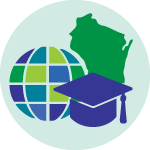
Crandon High School Spanish Teacher Named DPI’s 2023-24 Global Educator of the Year
04/23/2024
World Language and International Education Consultant Pam Delfosse presenting the Global Educator of the Year award to Crandon High School Spanish...
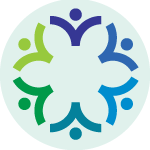
Extra Credit: Trauma Sensitive Schools Implementation Stories
04/23/2024
Screenshot from the Trauma Sensitive Schools Implementation Stories modules.
Welcome to Extra Credit, our newest ConnectEd recurring feature!...
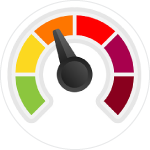
DPI Announces New Initiative To Communicate About Air Quality Events
04/23/2024
Download a high quality version of this poster.
Remember the days last summer when smoke filled the air and we all were advised to stay...

Bulletin Board 4/23/2024
04/23/2024
Welcome to the ConnectEd Bulletin Board!
This is the place to find opportunities for further professional development, grant and awards...
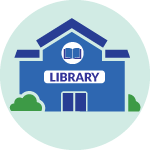
Public Libraries Empower Students, Schools, Communities
04/09/2024
An op-ed by Assistant State Superintendent for the Division for Libraries and Technology Dr. Darrell Williams.
As we recognize National Library...
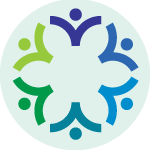
Extra Credit: Culturally Responsive Problem Solving Modules
04/09/2024
Screenshot from the Culturally Responsive Problem Solving: An Evidence Based Approach module.
Welcome to Extra Credit, our newest ConnectEd...

Act 20 Is One Piece of the Reading Puzzle; School Libraries Are Another
04/09/2024
Assistant State Superintendent Dr. Darrell Williams visited with kindergartners learning coding at Horizon Elementary School in the Sun Prairie...

Librarians, Teachers, Game Developers, Astrophysicists Collaborate to Enhance Science-Based Learning
04/09/2024
Chris Baker from DPI and Fellowship educators ideate on astrophysics game concepts.
No matter your level of gaming experience, there are a...
- 1 of 76
- Next